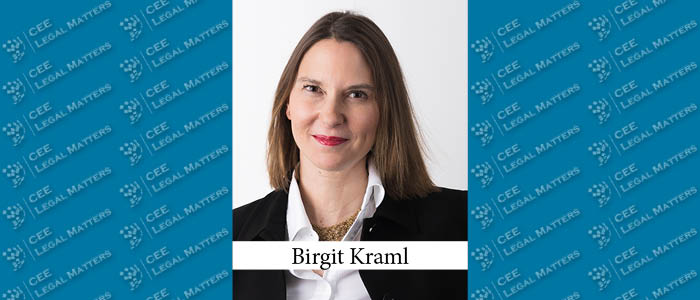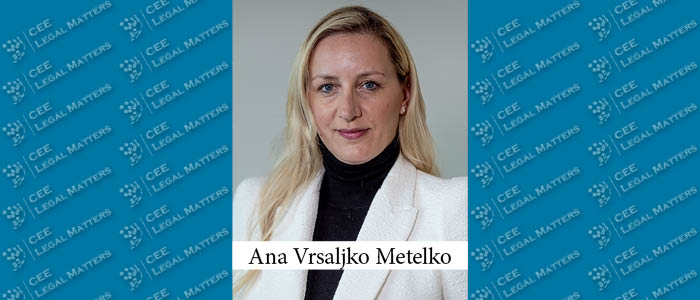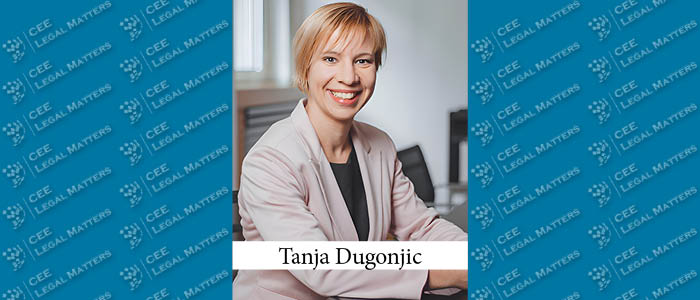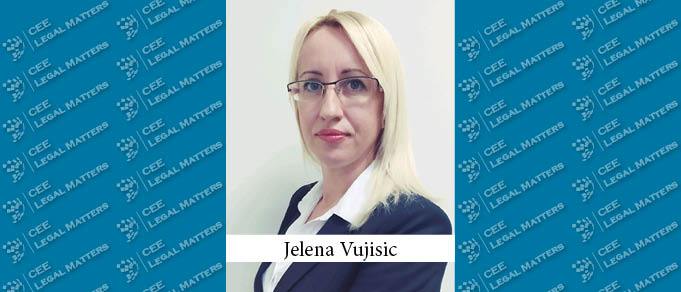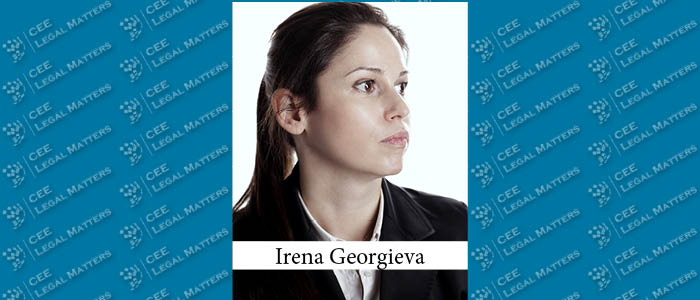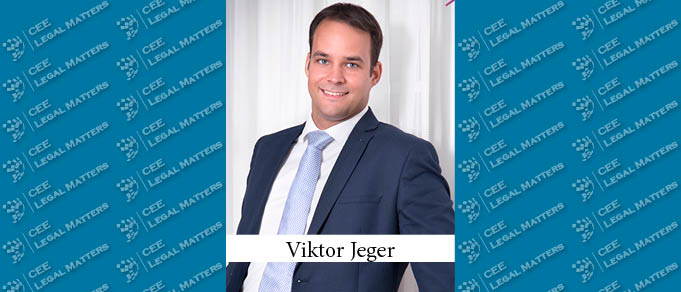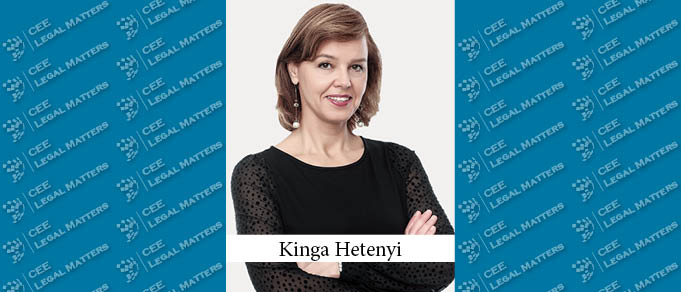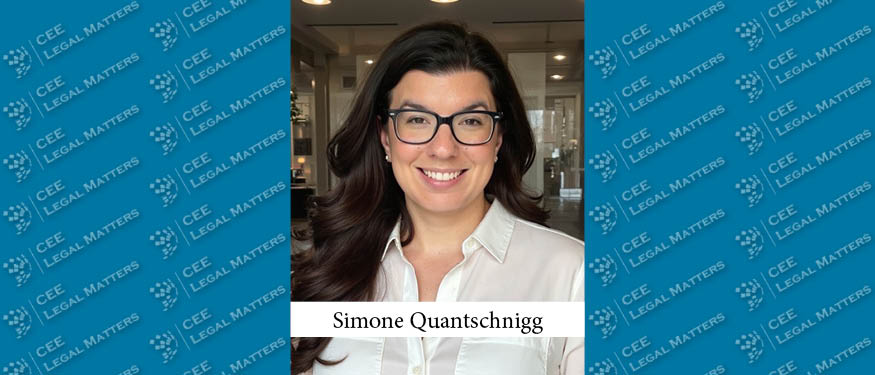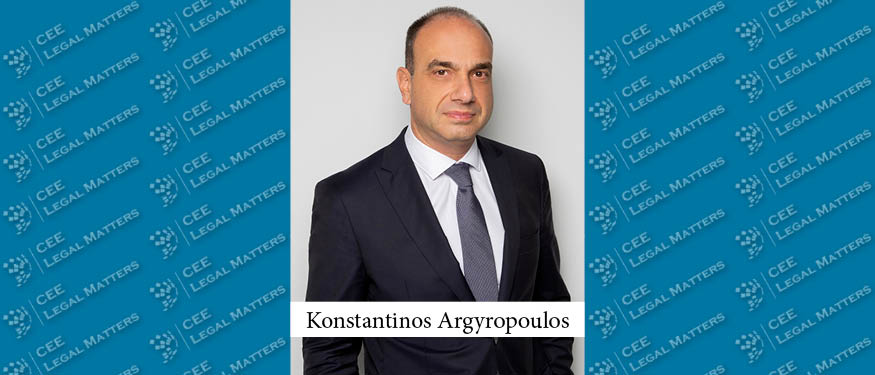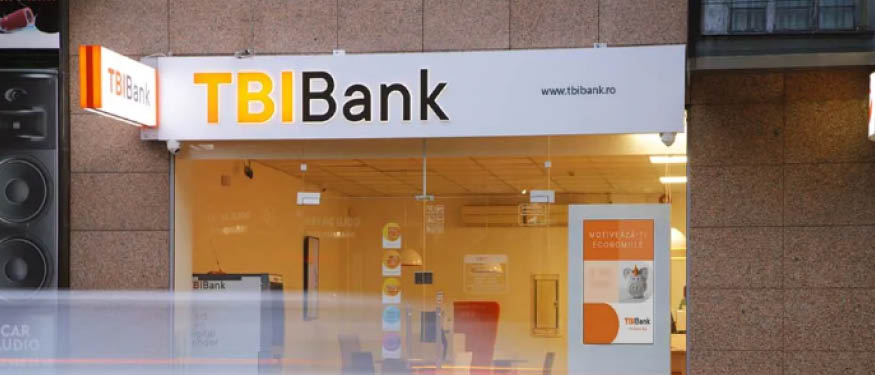The laws of Ukraine define force majeure as an extraordinary and unpreventable event, man-made or act of God, which objectively makes impossible the performance of contractual obligation(s) by one or both parties to a contract. Force majeure exempts a non-performing party from liability (penalties) for breach of contractual duty if caused by force majeure rather than from the performance of contractual obligations.
Latvia: Supreme Court Sheds Light on Liability of Building Owners for Accidents on Premises
At the end of 2022, the Latvian Supreme Court finally made a judgment in one of the dozens of civil cases stemming from the so-called Zolitude tragedy. 54 people died and dozens were injured back in 2013, when the roof of a trade center located in one of the suburbs of Riga, Zolitude, collapsed.
Czech Republic: Revised Energy Performance of Buildings Directive – More Practical EPCs?
On February 9, 2023, the Committee on Industry, Research, and Energy voted in favor of a revised Energy Performance of Buildings Directive (EPBD), which is a part of the EU’s new extensive climate and energy legislation known as “Fit for 55”. The main objective of the revised EPBD is to reduce greenhouse gas emissions and the overall energy consumption of buildings by 2030 with the eventual goal of reaching climate-neutral buildings in the EU by 2050.
Austria: Latest Developments in the Real Estate Market
The Austrian real estate market has been characterized by steady growth over the last decade, driven by a strong economy, low-interest rates, and increasing demand from both local and foreign buyers.
Croatia: Strategic Investment Projects – 10 Years Later
Strategic investment project legislation was first introduced into the Croatian legal system through the Strategic Investment Act that came into force in 2013, which, after two amendments (in 2014 and 2016), was replaced by the new Strategic Investment Act in April 2018.
Slovenia: The Rising Cost of Building Materials and the Invariability of Price Clause
In the past few years, the global community has faced the acute challenges of the COVID-19 health crisis and the war in Ukraine, which significantly impacted the continuing rapid increase of prices in the building industry. The main reasons for the rising prices of building materials were initially linked to the health crisis, as many production facilities were closed and production was severely delayed. Once the post-closure period started, demand for materials worldwide surged, exceeding supply.
Hungary: New Regulations on E-Land Registration, the Right To Construct, and Completely New Construction Code Expected in 2023
Act C:2021 on the land registry (E-Land Registry Act) was announced on June 28, 2021. It was expected to take effect in February 2023, but it will come into effect on February 1, 2024.
Serbia: 2023 Novelties and Challenges in Real Estate
Despite facing various challenges brought on by unfavorable market trends and the global events that shaped them, the Serbian real estate market continued to grow in the last quarter of 2022 according to a press release by the Serbian Republic Geodetic Authority (RGA).
Albania: Legal Framework and Recent Developments on Using State-Owned Real Estate for Promoting Investments
The trend is clear: real estate is noticeably becoming the most dominant sector of foreign investments in Albania. Records from national and international entities and organizations provide data confirming the accelerating increase in the past few years.
Montenegro: A Postcard-Ready Real Estate Environment
Montenegro is still considered a rising star in the Balkan peninsula, attracting the attention of potential investors worldwide, and that’s especially the case with the country’s real estate market.
Diversification of the Gas Supply, New Nuclear Projects, and Balancing Capacities for Bulgaria
The political turbulence within and beyond Bulgaria has not only caused unpredictability in the regulatory environment but also drastic changes in the national energy sector. Following the Russian invasion in Ukraine, Bulgaria took steady steps to break its dependence on Russia as a single supplier of natural resources.
The Blow of the Whistleblowing Legislation in Bulgaria
On May 4, 2023, the Bulgarian Whistleblower Protection Act (the Act), which transposes Directive (EU) 2019/1937 of the European Parliament and of the Council on the protection of whistleblowers for violations of Union law (the Whistleblowing Directive) will enter into force.
Huge Consolidation and Important New Legislation Impacting the Hungarian TMT Market
The Hungarian telecoms market saw several major transactions during the past few years, with 2022 and early 2023 witnessing undoubtedly the largest transaction in decades: the acquisition of Vodafone Hungary by 4iG (51%) and state-owned Corvinus Zrt. (49%) for a deal value of approximately EUR 1.7 billion.
Challenges in 2023 on the Office Lease Market in Hungary
Energy crisis, inflation, and the forint exchange rate slide: what impact have these circumstances produced on the office lease market? This article aims to provide an overview of the challenges the office lease market faces in Hungary in such a turbulent period.
Recent Developments in Banking and Finance
In terms of legislation, first, a long-awaited amendment of the insolvency act allows the liquidator to upkeep the debtors’ operation during the liquidation process even if it is at a loss, if it can be assumed that the operation preserves the assets better than shutting off the business would. The liquidator can decide to continue the operation for the first 120 days of the liquidation procedure, but any further extension of this operation period requires the approval of the court.
The Future of Hungary’s Energy Sector Is Taking Shape
The escalation of the war in Ukraine in February 2022 shocked Hungary’s energy sector to such an extent that the Hungarian government declared a state of energy emergency by its resolution dated July 15, 2022. After the first anniversary of the escalation, the smoke has cleared enough to draw conclusions regarding the future based on the reactions of the stakeholders.
Forging Ahead in Competition Law – A Snapshot of the Hungarian Landscape
2022 brought many changes in competition law in Hungary and, as far as we can see, 2023 will not be any different. Here is a short summary of what was on the table in 2022 and what the consequences are.
Positive 2023 Outlook for Hungarian M&A Despite Risk Factors
After a record deal value in 2022, the outlook for M&A in Hungary for 2023 remains positive despite several risk factors. What are they and what could compensate for them? What other factors could have an impact on the current trends?




